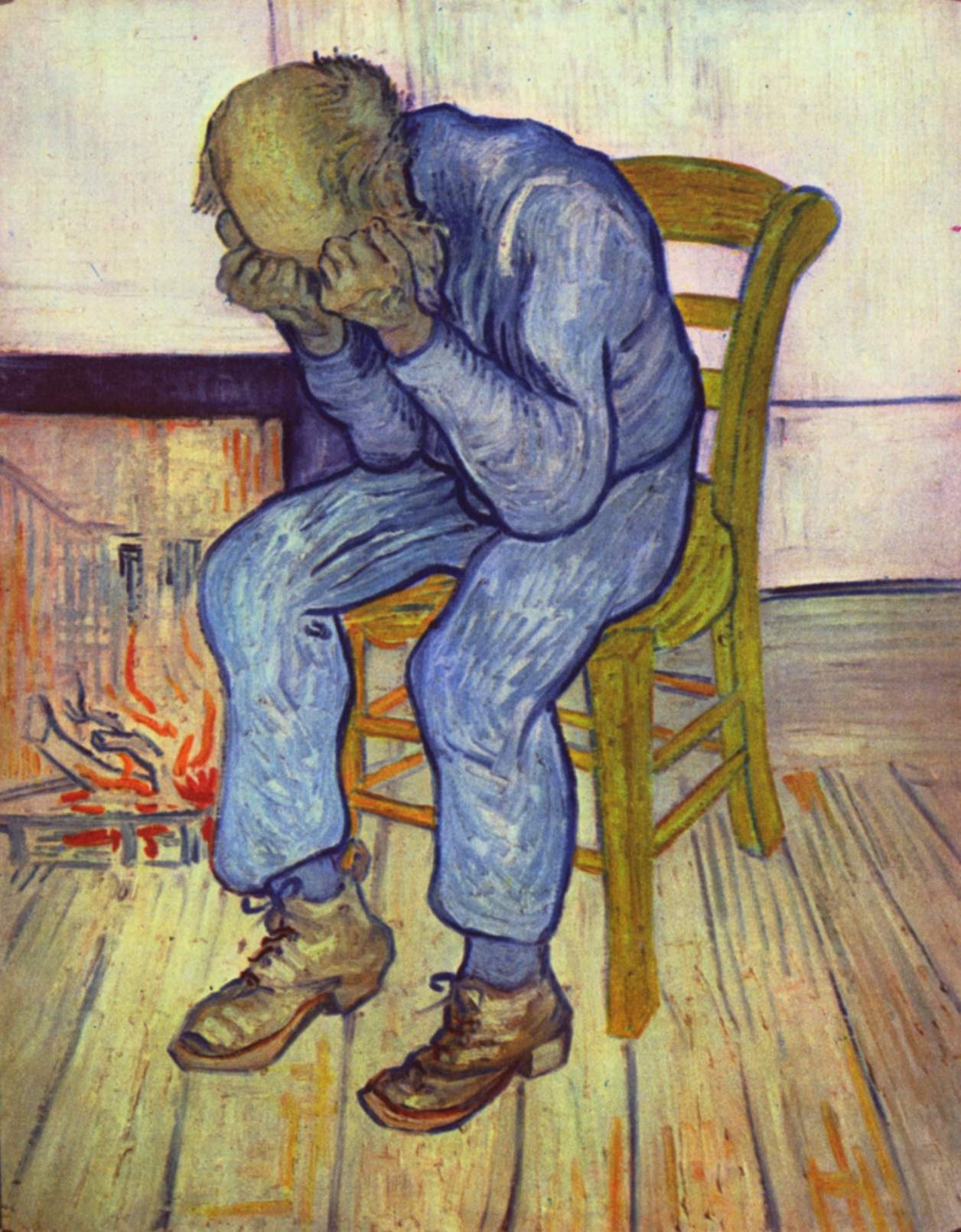
In the UK, one in four people will experience some kind of mental health problem in the course of a year says a statement from a recent report by Oxford University psychiatrists.
Dr John Williams, Head of Neuroscience and Mental Health at the Wellcome Trust who funded the study, says,
People with mental health problems are among the most vulnerable in society. This work emphasises how crucial it is that they have access to appropriate healthcare and advice, which is not always the case. We now have strong evidence that mental illness is just as threatening to life expectancy as other public health threats such as smoking.
This data was compiled searching for the best systematic reviews of clinical studies which reported mortality risk for a whole range of diagnoses — mental health problems, substance and alcohol abuse, dementia, autistic spectrum disorders, learning disability and childhood behavioural disorders. Twenty review papers were identified, which included over 1.7 million individuals and over 250,000 deaths.
They repeated searches for studies and reviews reporting life expectancy and risk of dying by suicide, and compared the results to the best data for heavy smoking. All diagnoses studied showed an increase in mortality risk, though the size of the risk varied greatly. Many had risks equivalent to or higher than heavy smoking.
Average reduction in life expectancy from suffering a mental health disorder:
- Heavy smokers: 8-10 years
- Bipolar disorder: 9-20 years
- Schizophrenia: 10-20 years
- Drug and alcohol abuse: 9-24 years
- Recurrent depression: 7-11 years
Oxford researchers say their figures on life expectancy should galvanise governments and health and social services to put a much higher priority on how mental health services can prevent early deaths.
Dr Seena Fazel of the Department of Psychiatry at Oxford University says,
We found that many mental health diagnoses are associated with a drop in life expectancy as great as that associated with smoking 20 or more cigarettes a day.
There are likely to be many reasons for this. High-risk behaviors are common in psychiatric patients, especially drug and alcohol abuse, and they are more likely to die by suicide. The stigma surrounding mental health may mean people aren’t treated as well for physical health problems when they do see a doctor.
One problem is the tendency to separate mental and physical illness. Many causes of mental health problems also have physical consequences, and mental illness worsens the prognosis of a range of physical illnesses, especially heart disease, diabetes and cancer. Unfortunately, people with serious mental illnesses may not access healthcare effectively. Dr Fazel adds,
All of this can be changed. There are effective drug and psychological treatments for mental health problems. We can improve mental health and social care provision. That means making sure people have straightforward access to health care and appropriate jobs and meaningful daytime activities. It’ll be challenging, but it can be done.
What we do need is for researchers, care providers and governments to make mental health a much higher priority for research and innovation. Smoking is recognised as a huge public health problem. There are effective ways to target smoking, and with political will and funding, rates of smoking-related deaths have started to decline. We now need a similar effort in mental health.
Source: University of Oxford. (2014, May 23). Many mental illnesses reduce life expectancy more than heavy smoking. ScienceDaily. Retrieved May 25, 2014 from www.sciencedaily.com/releases/2014/05/140523082934.htm
Image credit: https://www.flickr.com/photos/gandalfsgallery/
Share the love
[Sassy_Social_Share]
9 Comments
Leave a Comment
About Dr Sarah
Neuroscientist, Author, Speaker, Director of The Neuroscience Academy suite of professional training programs.
Latest Posts
Free 10 day micro-training in neuroscience

Learn one neuroscience concept a day!
10 simple, bite-sized lessons in brain health, delivered daily to your inbox


Keep sharing your genius Sarah – the world needs it. xx
Did this study allow for the fact that cigarette smoking and other drug and alcohol abuse is much more prevalent among those with a mental illness than in the general population? Just curious. Also, how much of the reduced life expectancy is due to suicide? Thanks.
Never mind above comment. I see I did not read to the end of the article, sorry.
Thank you for writing this article. I love that we are starting to see more and more people start talking about mental health issues.
I can see why mental health issues shortens a person’s life significantly. Unlike smoking, Schizophrenia, for example, impacts every aspect of someone’s life; their body, their looks, their social interactions, their sex life, in sum, their enjoyment of life. Smoking brings a degree of pleasure, unlike mental health issues. The act of smoking brings people together, and fosters social activity. Schizophrenia and other mental health issues are totally isolating, and bring little pleasure to the person suffering from it. Further, there is the taboo around mental health, which adds to more isolation and pain and suffering. In many circles, smoking is ‘cool’. Mental health issues are never ‘cool’. This I believe leads to multiple sources of breakdown and therefore a lower life expectancy when it comes to mental health issues.
Most of the smoker’s have mental problem also. Some smoker has not remembered her name when they drink. Drinking is also not good for drinker and their family members.
… [Trackback]
[…] Read More: drsarahmckay.com/serious-mental-illness-reduces-life-expectancy-smoking/trackback/ […]
Great article. Couldn’t be write much better!
Thanks for information! Now is a very difficult period all over the world and many people have problems with mental health. World lost a sense of security and confidence in the future. I agree that problems with the internal state affect human health more than smoking. After all, it is a terrible feeling when with your thoughts you harm yourself both mentally and physically.